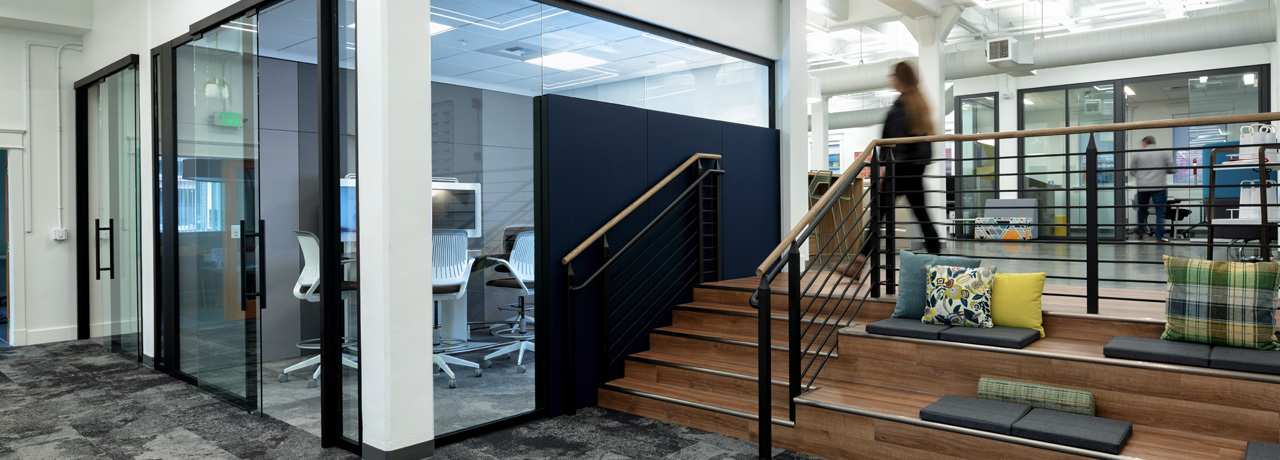
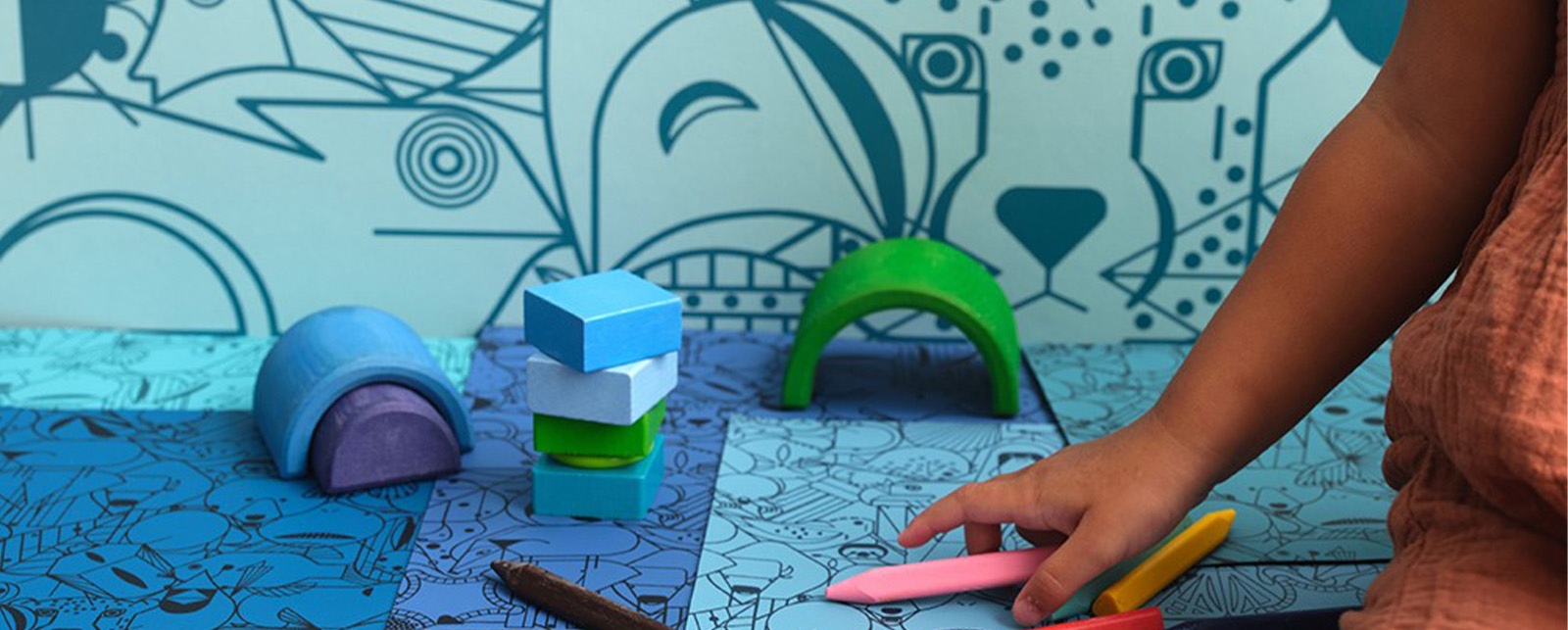
Discover the vibrant and nature-inspired work of textile designer, Charley Harper. Explore the colorful and durable textiles to elevate your space today...
Read article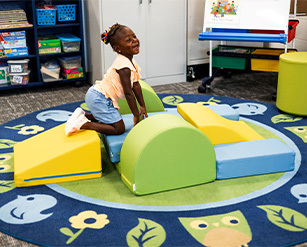
In the transitional kindergarten (TK) classroom, engagement in play-based projects connected to a theme-based curriculum is often at the heart of each day. When intentionally crafted, the classroom environment extends and reinforces the key goals and concepts students are learning, nurturing healthy brain development along the way.
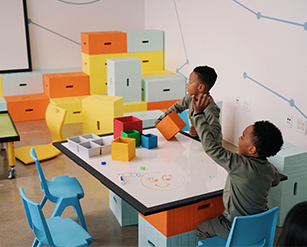
How classrooms are designed can have a big impact on Social Emotional Learning development. Thoughtfully planned spaces can encourage socializing, reduce stress, and make students feel that they belong and are safe. Leveraging ESSER funds before they run out offers a great chance to put these ideas into action.
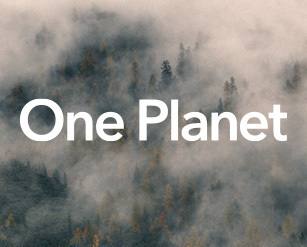
One Workplace addresses sustainability challenges by taking bigger strides to reduce our footprint. Join us on the journey towards meaningful change...

Find out how technology in healthcare is remolding patient experience & let One Workplace bring patient-centered design into your healthcare environment.

Explore how classroom design can improve student engagement. One Workplace offers consultations for educators to create effective learning spaces...
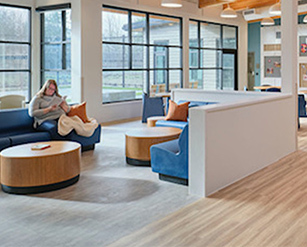
Can design impact patient recovery? Explore the ways behavioral health design can improve patient outcomes and promote healing in healthcare settings...
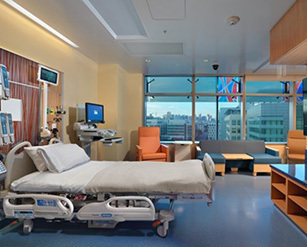
One Workplace prioritizes integration, safety & comfort when designing for behavioral health. Read more about improving patient experience...